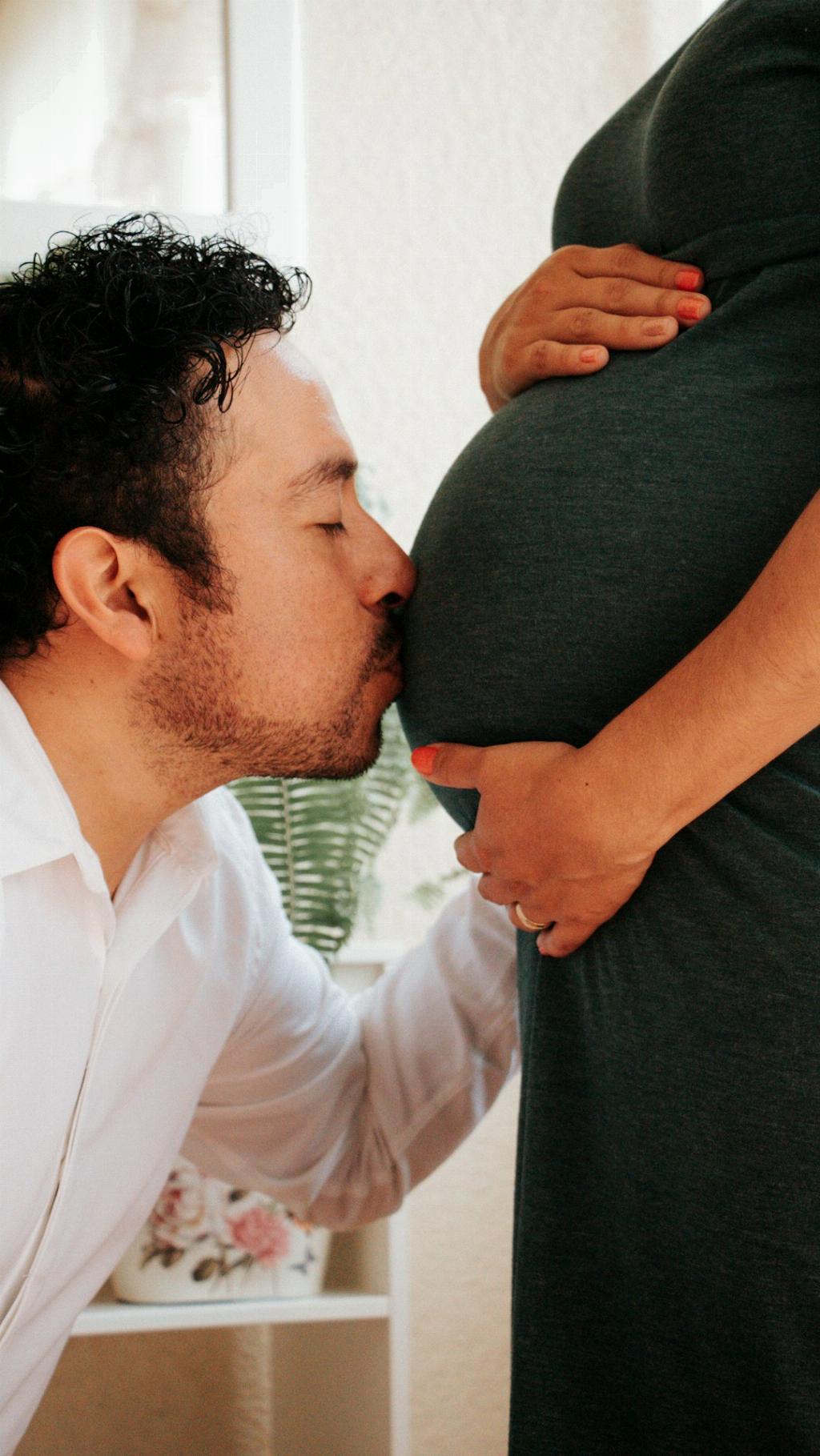When it comes to experiencing loose motions at 7 months pregnant, it can be a cause for concern for many expecting mothers. Let’s dive into this topic to provide a deeper understanding of what might be causing this and whether it is considered normal during pregnancy.
Understanding Digestive Changes During Pregnancy
During pregnancy, many women experience changes in their digestive system. Hormonal fluctuations, an expanding uterus, and changes in diet can all contribute to digestive issues such as constipation or diarrhea. These changes are often considered normal and are a result of the body adapting to the growing baby.
Possible Causes of Loose Motions During Pregnancy
Loose motions, or diarrhea, can be triggered by various factors during pregnancy. One of the common reasons is hormonal changes, particularly an increase in the hormone progesterone, which can lead to a faster gut transit time and softer stools. Additionally, dietary changes, prenatal vitamins, stress, or even infections can also contribute to loose motions.
Impact on Pregnancy Health
While experiencing occasional loose motions during pregnancy may not be a significant cause for concern, prolonged or severe diarrhea can lead to dehydration and electrolyte imbalances, which can potentially affect both the mother and the baby’s health. It is essential to monitor the symptoms and consult with a healthcare provider if the condition persists.
When to Seek Medical Advice
If you are 7 months pregnant and experiencing frequent loose motions, it is crucial to seek medical advice. Your healthcare provider can assess the underlying cause of the diarrhea and recommend appropriate treatment to ensure the well-being of both you and your baby.
Tips to Manage Loose Motions During Pregnancy
There are several strategies that can help manage loose motions during pregnancy. Staying hydrated, consuming a bland diet with easily digestible foods, avoiding spicy or greasy meals, and getting plenty of rest can all contribute to alleviating symptoms of diarrhea.
Importance of Proper Nutrition
Ensuring a balanced and nutritious diet is crucial during pregnancy, especially when dealing with digestive issues like loose motions. Opt for foods that are gentle on the stomach, such as bananas, rice, applesauce, and toast (BRAT diet), to help regulate bowel movements and provide essential nutrients for both you and your baby.
Self-Care Measures
Practicing good hygiene, especially after each episode of loose motions, can help prevent further complications or infections. Additionally, getting regular exercise, managing stress levels, and getting an adequate amount of sleep are all essential aspects of self-care during pregnancy.
Monitoring Symptoms
Keeping track of your symptoms, including the frequency and consistency of loose motions, can provide valuable information for your healthcare provider. By documenting your experiences, you can better communicate any concerns or changes in your condition during medical appointments.
Final Thoughts
In conclusion, experiencing loose motions at 7 months pregnant can be a common occurrence due to hormonal changes, dietary factors, or added stress. While occasional diarrhea may not be alarming, persistent symptoms should not be ignored. Seeking medical advice, maintaining proper nutrition, and practicing self-care measures are essential for managing loose motions and ensuring a healthy pregnancy.

